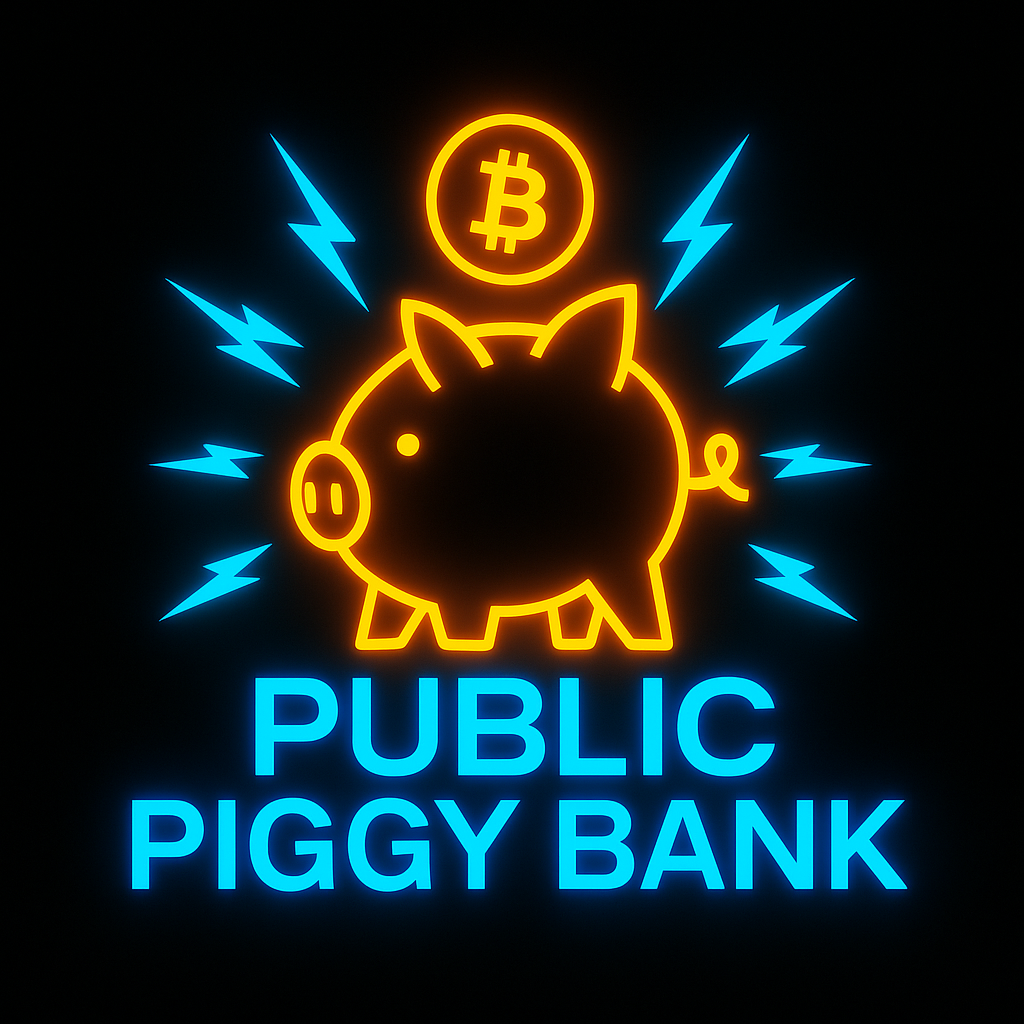
Is Bitcoin Safe? Understanding Bitcoin’s Security
When discussing whether Bitcoin is safe, it's crucial to understand the multiple layers of security and compare it objectively to traditional financial systems and other assets such as gold, stocks, and cash. Safety in financial terms typically revolves around security from theft, stability over time, resistance to manipulation, and longevity of value storage. Let's explore each of these points clearly.
Security from Theft: How Bitcoin Protects Your Wealth: Bitcoin’s foundational security comes from cryptography and decentralization. Unlike a bank or traditional financial system, Bitcoin isn’t stored in one central location. Instead, it's secured through a decentralized network of computers (nodes) worldwide.
Cryptographic Security: Bitcoin uses advanced cryptography to secure transactions. Every Bitcoin address is protected by a unique pair of cryptographic keys—public and private. The public key is like your bank account number, used to receive funds, while the private key functions as your personal signature, authorizing transactions. Protecting your private keys (via hardware wallets or secure storage methods) makes theft extremely difficult.
Decentralization and Network Strength: The current Bitcoin network hash rate as of 2025 is about 935.40 Exa hashes per second (EH/s), and network difficulty stands at 126.98 trillion (T). This immense computational power and difficulty means any attempt at manipulating or attacking the Bitcoin network (such as a "51% attack") is virtually impossible, as the required resources would exceed what’s realistically achievable by any individual or entity.
Stability and Manipulation Resistance: Bitcoin vs. Traditional Financial Systems The traditional financial system relies on centralized authorities—banks, governments, and financial institutions—that can directly influence currency value, print money without limitation, and modify policies unexpectedly.
Inflation Protection and Fixed Supply: Unlike fiat currencies (e.g., USD, EUR), Bitcoin has a finite supply capped at 21 million coins, preventing arbitrary inflation. This fixed limit makes Bitcoin similar to gold, an asset historically valued due to its scarcity. Yet Bitcoin is significantly easier and cheaper to store, transfer, and divide than physical gold.
Transparency and Verifiability: All Bitcoin transactions are transparently recorded on a public ledger—the blockchain. This visibility allows anyone to independently verify every transaction, eliminating the need to rely on intermediaries or trust third parties blindly. Compared to banks, which manage your funds internally (often subject to human error, hacking, or fraud), Bitcoin's open, cryptographically secured ledger provides unparalleled transparency and verification.
Longevity and Efficiency: How Bitcoin Stacks Against Other Assets When considering storing wealth over the long term, one should compare Bitcoin’s storage efficiency, durability, divisibility, and usability to traditional alternatives like cash, gold, and stocks.
Durability and Storage Efficiency: Physical assets like gold or cash require secure physical storage, which can be costly and inconvenient. Stocks, while digital, rely heavily on centralized brokers, custodians, and clearinghouses, which can fail or face cyber-attacks. Bitcoin, by contrast, can be securely stored in hardware wallets (Cold Storage) — offline solutions virtually immune to digital hacking when handled properly. A simple hardware wallet or even memorized private keys (known as a "brain wallet") can securely protect enormous amounts of Bitcoin wealth indefinitely.
Portability and Accessibility: Unlike gold bars or physical cash, Bitcoin can be transferred globally within minutes with minimal fees. This portability and ease of access far exceed traditional methods of transferring wealth internationally, making it highly effective for long-term storage, especially in a globally interconnected digital age.
Addressing Risks: Ensuring Your Bitcoin is Truly Safe While Bitcoin itself is secure and the network robust, most security concerns arise from user error or third-party vulnerabilities:
Private Key Management: Bitcoin is unforgiving if private keys are lost. Losing private keys permanently removes those Bitcoins from circulation. While this is devastating personally, it simultaneously strengthens Bitcoin's overall scarcity and value. To mitigate this risk, users must diligently secure their keys using reputable hardware wallets and secure backup methods.
Exchange and Custodian Risk: Leaving Bitcoin on exchanges or third-party custodians can expose users to hacking risks, insolvency, or fraud. Thus, the safest strategy involves self-custody—storing Bitcoin in wallets where only you control the private keys.
Let's consider efficiency in real-world terms: Transferring gold internationally might take weeks, with high transportation and security costs. Wire transfers through banks can take days, incurring substantial fees and scrutiny. Bitcoin transactions occur in minutes, securely and inexpensively, confirmed directly on the blockchain. Final Perspective: Bitcoin as a Safe Haven for Wealth.
Bitcoin’s immense global hashing power (currently 935.40 EH/s) and the exceptionally high network difficulty (126.98 T) underscore its security. No single entity can feasibly overpower or control the network, offering genuine decentralization. Its scarcity, ease of storage, and inherent cryptographic security position Bitcoin one of the safest networks on earth.
Ultimately, Bitcoin’s safety hinges on the discipline and care of individual users managing private keys securely. When used responsibly, Bitcoin provides unmatched security, reliability, transparency, and freedom compared to traditional financial systems and other wealth-storage assets—making it a uniquely robust option for protecting and preserving your wealth for the future.
Bitcoin isn’t just safe - it’s bound by mathematics and secured by energy. It operates on a proof-of-work protocol that transforms electricity into unforgeable truth. Every transaction, every block, every Satoshi is protected by a global wall of computation - a decentralized engine fueled by miners competing in open markets, spending real-world energy to secure the network. This makes Bitcoin not just software, but a thermodynamic asset - anchored in physical reality. The protocol has never been hacked. It doesn’t rely on human trust, political stability, or centralized enforcement. It runs on code - audited, transparent, and enforced by tens of thousands of independent nodes worldwide. Its rules are immutable. its ledger is permanent. Its security grows stronger every day. Bitcoin doesn’t give you safety by default - it gives you the tools to claim it.
Bitcoin control is responsibility - and responsibility is freedom

